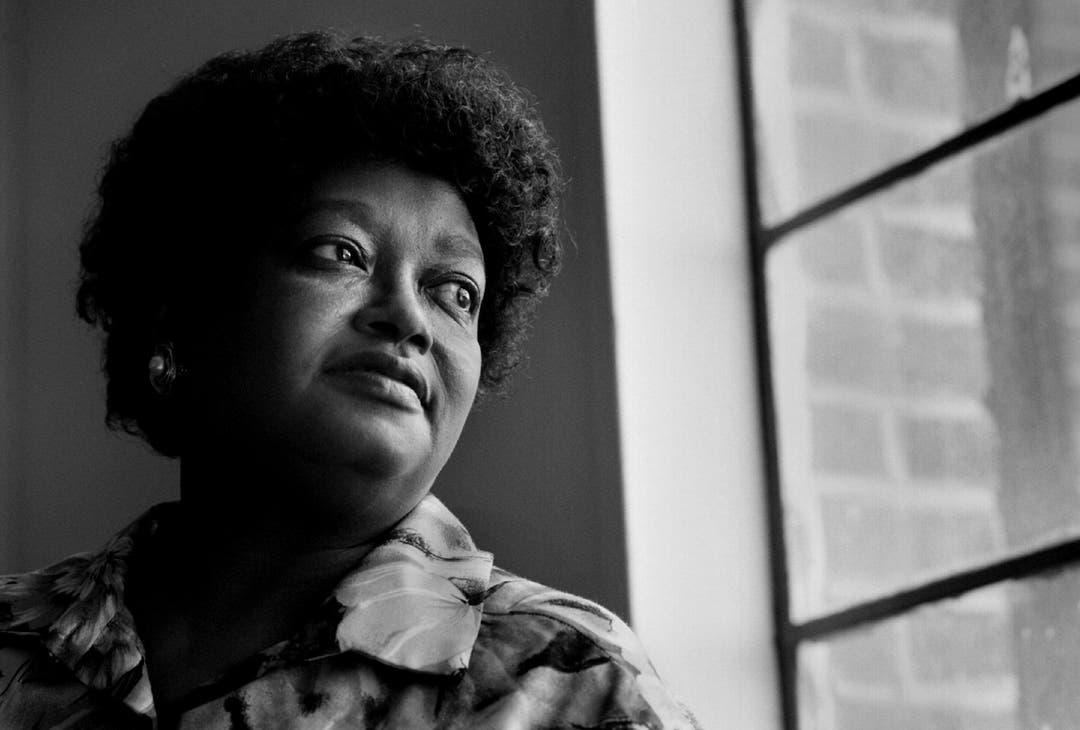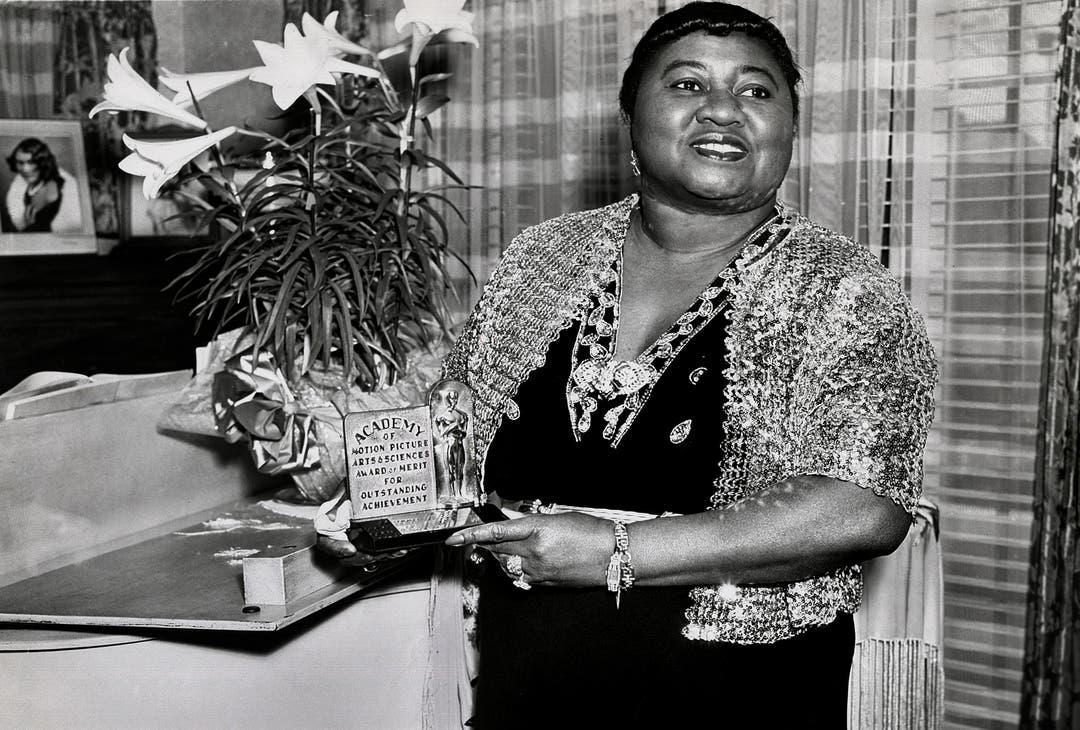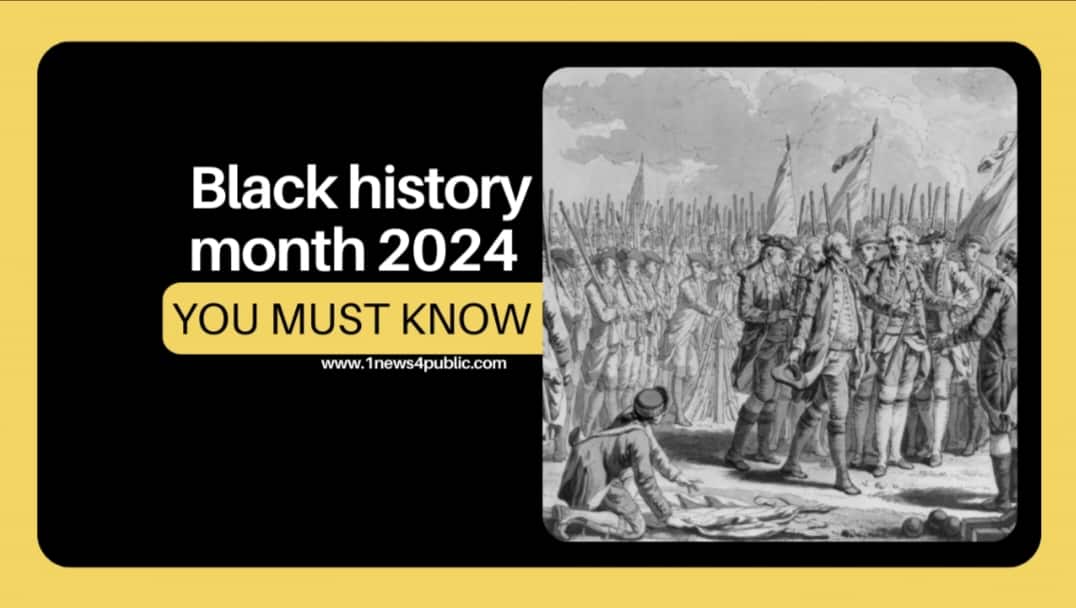Black history speeches for youth, weaving narratives of resilience, triumph, and cultural richness. Illuminate the struggles and achievements of Black leaders.
Empowerment black history speeches for youth:
“You are the authors of your own stories. Let the strength of our history be the fuel that propels you forward. Embrace your power to shape a future where equality and justice reign supreme.”
Dream Big Speech:
“In the spirit of Martin Luther King Jr.’s dream, remember that your dreams are valid and achievable. Your potential is limitless. Today, as youth, you carry the torch of progress and change.”
Resilience and Hope:
“Our history is marked by resilience. Despite adversities, we rise. You are the inheritors of a legacy that defies oppression. Let hope be your guide as you navigate the path to a brighter tomorrow.”
Community Building:
“Our strength lies in unity. As youth, you have the power to build bridges, foster understanding, and create communities where diversity is not just accepted but celebrated. Be the catalysts for positive change.”
Education and Empowerment:
“Knowledge is your greatest ally. Educate yourselves, empower each other, and strive for excellence. In the pursuit of education, you unlock the doors to endless possibilities.”
Activism and Advocacy:
“Youth have always been at the forefront of movements for change. Use your voices, stand up for justice, and be the advocates that push boundaries. Your actions today shape the world of tomorrow.”
Innovation and Leadership:
“Innovation knows no bounds. As youth, embrace your creativity, be fearless in your pursuits, and lead with compassion. Your ideas have the power to transform the world.”
What is Black History Month?
- Black History Month is a special time dedicated to celebrating and honoring the remarkable achievements, contributions, and resilience of African Americans throughout history. It takes place every February, providing an opportunity for everyone to learn about and appreciate the rich tapestry of Black culture, from inspiring leaders to cultural milestones. Join us in exploring the stories and legacies that have shaped our shared history, fostering understanding, unity, and appreciation.
What is black history theme 2024
- The Black History Month 2024 theme, “African Americans and the Arts,” explores the key influence African Americans have had in the fields of “visual and performing arts, literature, fashion, folklore, language, film, music, architecture, culinary and other forms of cultural expression.”
How to celebrate black history month 2024?
- Today Black History Month continues the discussion of Black people and their contributions through activities such as museum exhibits and film screenings, and by encouraging the study of achievements by African Americans year-round.
Why did black history month started:
- Black History Month originated in the United States as an initiative to highlight the often overlooked contributions of African Americans to the nation’s history. It was established to address the historical neglect and underrepresentation of Black achievements and struggles in mainstream education and culture.
- Carter G. Woodson, a pioneering African American historian, and educator played a pivotal role in the establishment of what was initially called “Negro History Week” in 1926. This week was chosen to coincide with the birthdays of Abraham Lincoln and Frederick Douglass in February.
- Over time, as awareness grew, the celebration expanded beyond a week, and in 1976, it officially became Black History Month. The month serves as an annual opportunity to recognize and celebrate the diverse and significant impact of African Americans throughout history.
What are the significance of black history month?
- Recognition of Contributions: It provides a dedicated time to recognize and celebrate the profound contributions of African Americans to the cultural, social, economic, and political development of the United States and beyond.
- Black History Month serves as an educational tool, promoting awareness and understanding of the often overlooked or minimized history of Black individuals and communities.
- It fosters a sense of cultural pride and identity within the African American community by highlighting achievements, resilience, and cultural richness.
- By acknowledging the historical struggles against racism, slavery, and discrimination, Black History Month encourages discussions about equality and social justice.
- The month inspires present and future generations, emphasizing that everyone, regardless of background, can make significant contributions to society.
- Black History Month promotes unity and understanding among diverse communities, fostering a broader appreciation for the shared history of all citizens.
- It acknowledges the challenges faced by African Americans throughout history, promoting a more inclusive and honest understanding of the nation’s past.
- The month serves as a platform for open dialogues on race, inequality, and the ongoing pursuit of a more just and inclusive society.
First black president?
- The first black president of the United States was Barack Obama, who served two terms from 2009 to 2017.
Who is a good person write about the black history month:-

- One influential figure to write about during Black History Month is Rosa Parks. Rosa Parks, often referred to as the “Mother of the Civil Rights Movement,” played a pivotal role in the struggle for civil rights in the United States. Her refusal to give up her seat to a white man on a bus in Montgomery, Alabama, in 1955, sparked the Montgomery Bus Boycott and became a symbol of resistance against racial segregation.
- Rosa Parks’ act of courage and her commitment to equality had a profound impact on the Civil Rights Movement, inspiring countless individuals to stand up against injustice. Her legacy extends beyond that defining moment, as she continued her advocacy for civil rights and social justice throughout her life.
- Writing about Rosa Parks provides an opportunity to explore themes of resilience, courage, and the enduring fight for equality, making her a compelling and important figure in Black history.
These are played a crucial role in black history :

- Hiram Rhodes Revels of Mississippi was the first African American member of the United States Senate. He took the oath of office on February 25, 1870.

- Hattie McDaniel, In 1940 she was the first African American performer to win an Academy Award—the film industry’s highest honor—for her portrayal of a loyal enslaved governess in Gone With the Wind.
- Thurgood Marshall was a trailblazing lawyer and the first African American to serve as a Supreme Court Justice. His landmark victories in cases like Brown v. Board of Education helped dismantle racial segregation, leaving an indelible mark on the fight for civil rights.
- Martin Luther King Jr. was a prominent civil rights leader who played a crucial role in advancing racial equality through nonviolent protest. His powerful speeches and advocacy efforts continue to inspire movements for justice and equality globally.
- Rosa Parks’ refusal to give up her seat on a bus in 1955 sparked the Montgomery Bus Boycott, a landmark event in the Civil Rights Movement. Her bravery and determination became a symbol of resistance against racial injustice.
- Katherine Johnson’s mathematical calculations were crucial for NASA’s early space missions, including John Glenn’s orbital flight. Her achievements, highlighted in the movie “Hidden Figures,” showcased the vital contributions of African American women in STEM fields.
- Malcolm X, born Malcolm Little, was a charismatic and influential leader who played a significant role in the Nation of Islam. His speeches encouraged self-determination and inspired many in the struggle for civil rights.
- In 2008, Barack Obama became the first Black president of the United States.

How to celebrate a black history month
- Research and educate yourself on key figures, events, and achievements in Black history. Share your knowledge with friends and family.
Read Books and Watch Documentaries: - Explore literature and documentaries that focus on Black history, culture, and experiences. Consider hosting a book or film club.
Attend Local Events: - Check for local events, lectures, or performances that celebrate Black history. Support community initiatives and engage in discussions.
Visit Museums and Exhibits: - Spend time at museums or exhibits dedicated to Black history. Many institutions feature special exhibits during February.
- Make an effort to support Black-owned businesses, whether it’s restaurants, shops, or online platforms.
- Organize workshops or discussions at your workplace or community center to promote awareness and understanding of Black history.
- Encourage artistic expression through poetry readings, music performances, or art displays that highlight the achievements and struggles of the Black community
- Get involved in community service projects that contribute to positive change, emphasizing the spirit of unity and equality.
- Explore and share recipes from African American cuisine. Food can be a wonderful way to connect with and appreciate different cultures.
Social Media Campaigns: - Use social media to share informative posts, quotes, and stories about Black history. Raise awareness among your online community.
- Contribute to or support educational programs that promote diversity and inclusivity in schools.
- Take time to reflect on the progress made and the work that still needs to be done. Engage in open conversations about racial equality.
What lesson we should learn from black history?
- Black history teaches us resilience in adversity, emphasizes the importance of unity and activism, underscores the ongoing struggle for equality, showcases diverse perspectives, highlights the power of education, celebrates cultural richness, challenges stereotypes, and demonstrates the interconnectedness of histories. These lessons contribute to fostering empathy, tolerance, and a commitment to building a more just and inclusive society.
“Thank you for visiting our website! We appreciate your engagement. If you enjoyed our discussion, please feel free to comment on what topics you’d like us to explore next. Your feedback is valuable. Best wishes to you, and we look forward to continuing meaningful conversations with you”




